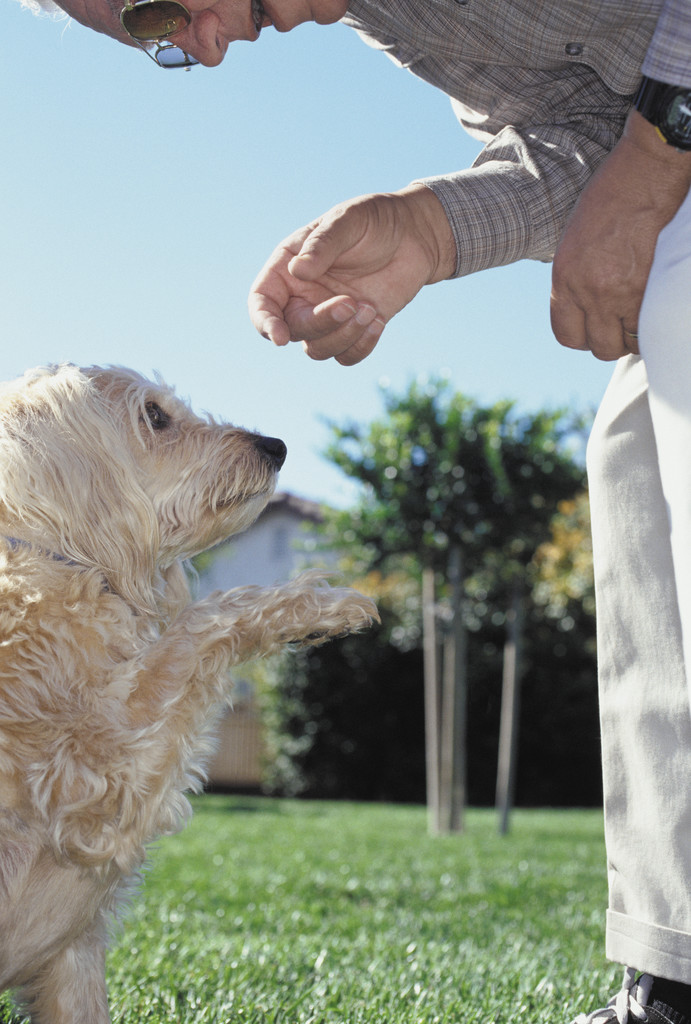Contrary to popular belief, even mature people who are decidedly bad at the key leadership traits of communication and relationship building can improve dramatically. Two Harvard Business Review bloggers found that executives who were judged worse than 90% of their peers could, with training, move up, not just a little, but all the way to above average ratings from colleagues, subordinates and bosses.[1]
This was no great surprise to me. As a consensus and communication trainer and consultant, I know that people can change. I have seen it in my trainees and clients.
With such individuals, who are rated very low at the outset, it works better to help them address their fatal flaws before moving on to accentuating the positive, i.e. identifying and making the most of their strong points.
The Harvard bloggers also found that most of these “at-risk” leaders were weak in areas related to establishing interpersonal relationships. An encouraging fact was that rarely were these people weak in “character.”
It is true that temperament, which is basically a biological factor, affects how much natural interpersonal skill one has. But even those who aren’t born gifted in this respect can acquire skill, even in middle age or older, with education and practice.
I’ve found that practice is key. Moreover, we should start practicing in easy, low-pressure situations. When you first learned to drive, you didn’t pull out of the driveway and head to a busy freeway. You stayed in an empty parking lot and on quiet streets until you got the hang of handling the vehicle.
This is why, in training classes, we work with risk-free hypothetical situations before taking our skills out into our every day lives. But with mindfulness and determination, you can find low risk situations in which to practice. Begin with a minor issue, such as where to go for lunch or which movie to watch after work. Begin practicing right away, before a major issue crops up.
Some of my trainees find that it helps to schedule a time to practice a particular skill. For example, if they want to practice paraphrasing (see previous blog “Paraphrasing Dosado“), they put it on their calendars for a time when they will be socializing with friends. Then, they set aside perhaps ten minutes to practice paraphrasing those companions’ statements. A variation is to decide in advance that they will paraphrase a set number of statements. To keep my hand in, I just made a note on my own calendar for ten open questions and ten paraphrases during the next game night with my friends.
So, no matter your age or natural talent, know that you can build and hone your skills if you practice in small, digestible bites.
[1] Bad Leaders Can Change Their Spots, http://blogs.hbr.org/cs/2013/01/good_news_poor_leaders_can_cha.html?goback=%2Egde_1401027_member_212465952#comment-777797146

